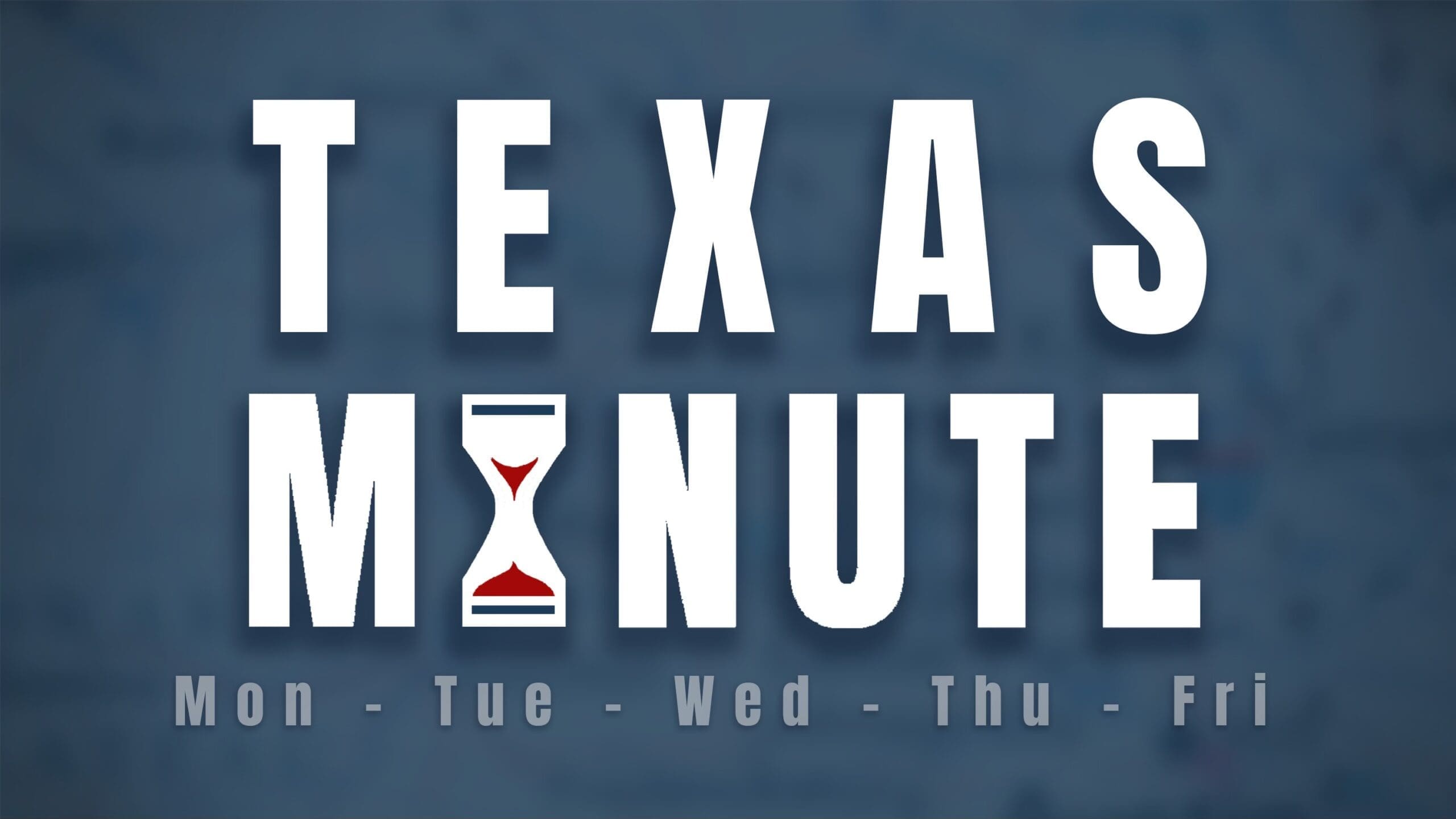Following a series of divisive debates this year, Houston City Council passed its Capital Improvement Plan (CIP) budget, which will act as a five year guide for projects across the city. Only three council members voted against the plan, with Council Member Dave Martin leading the pack.
The passionate plea laid out by Martin failed to persuade the mayor who accused the council members of placing the interests of their own constituents ahead of the “city as a whole.” But considering the lopsided allocation of capital improvement funds, it appears Mayor Annise Parker is the one favoring certain districts over others.
Council Members Bradford, Kubosh, and Martin were the three “no” votes against the 5-year $8.7 billion budget.
Martin wants the process to be more equitable. District E, which Martin represents, will receive only 3% of the CIP budget, while District C, represented by councilmember Ellen Cohen, received 21%.
Conveniently, District C also happens to be where the architects of the plan—Mayor Parker, Financial Director Kelly Dowe, and Public Works Director Dale Rudick—all reside. In fact, the percentage allocated to their district represents the single largest per-district allocation out of the plan.
While Parker correctly argues that capital improvement needs are not equally distributed across the city, that argument does not justify inordinately funding her own district with CIP funds. District C has received funding for a number of “economic development” projects, including the most recent $10 million Allen Parkway Expansion. It’s also home to one of the highest revenue-generating TIRZs in the city.
While these thoroughly developed districts continue to receive additional funds for nonessential projects, Martin has been struggling to obtain funding for more basic ones. They include a community center in Clear Lake and the repairing of Space Center Boulevard, which is riddled with potholes.
Martin offered up a number of amendments during the discussion that would have more evenly distributed a portion of the money over all eleven council districts. Unfortunately, they were defeated after heated debate.
Martin also brought up concerns over other funding issues and the misallocation of taxpayer dollars. According to Houston’s “worst-first” prioritization model invented by Parker to accelerate infrastructure repair projects based on need, Kingwood Drive came in as the second worst street in the city. Although the CIP originally planned on funding the expansion through ReBuild Houston, Martin later found that the city was no longer funding it. It’s been handed over to the Texas Department of Transportation (TxDot).
“This is not right,” Martin said. “Why are we looking to the State to fund city projects when our taxpayers were told that their taxes were going to fund this project (Kingwood Drive).”
Parker didn’t appear to be concerned over the bait and switch. Kingwood Drive is yet another prime example of the lack of transparency and accountability that has come to define her tyrannical administration. If the funding source was shifted away from the city to the state, what happened to the taxpayer dollars that were allocated to that project?
“I want our taxpayer dollars back,” Martin said.
It can be debated whether or not the CIP budget should be more evenly distributed among districts, but there is no justification for the vast disparity as proposed by Parker. Due to Houston’s dictatorial governing structure that places too much power in the hands of the Mayor, the CIP process is another way for Parker to wield her unchecked power by dolling out project funds to her own district and other political allies while starving districts of needed resources.
As we’ve seen time and time again with centralized governmental power, Houston officials have no problem taking taxpayer money for one purpose, only to shrug their shoulders with indifference when their own fiscal mismanagement turns around and flushes it down the proverbial toilet. With such a reckless governing attitude, it’s offensive that the idea of busting the voter-imposed revenue limit continues to be an issue worth mentioning.




